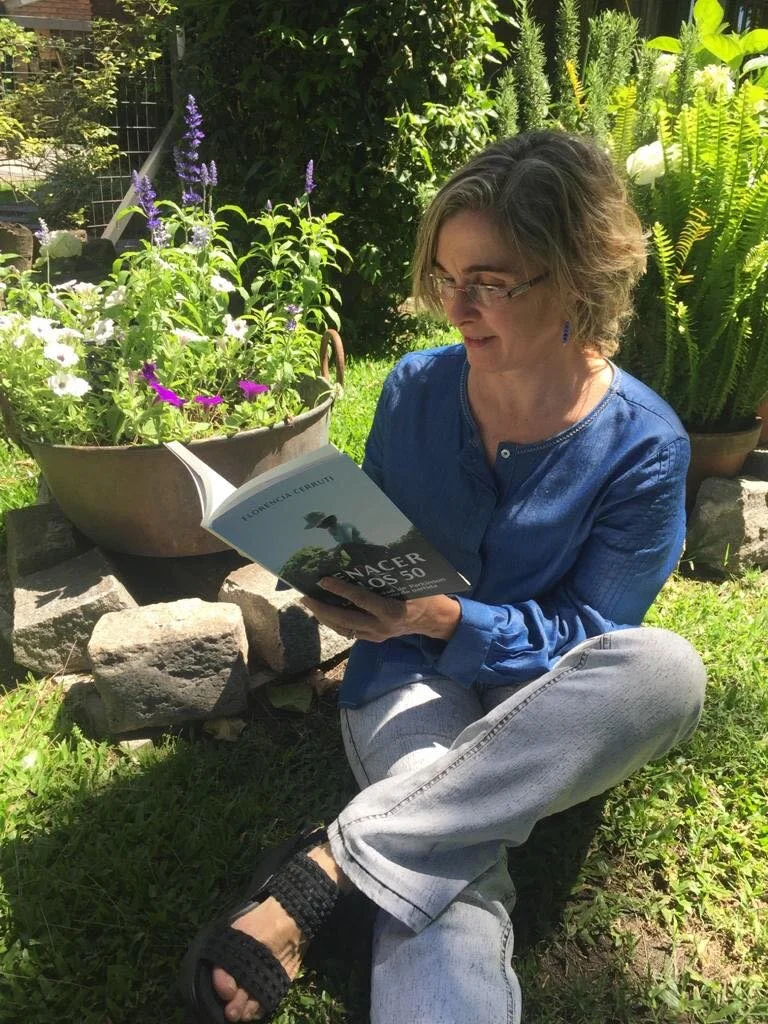When Florencia Cerruti was diagnosed with Parkinson's Disease at age 47, she began using journaling, writing down her private thoughts about her experiences, as a coping mechanism and a therapeutic outlet. Through this self-reflection, she realizes early that there is some innate element of bodily wisdom in the diagnosis of an "idiopathic" chronic condition - that it contains an aspect of her body saying "no more" to a lifetime of holding herself to too high standards, of perfectionism, of "wearing the cape of superwoman".
Read MoreChronic Stress and Parkinson's Disease
Some time ago, I discovered the strong correspondence between the symptoms of stress and the symptoms of Parkinson’s Disease. Later, I found these conclusions were further strongly supported by the book “When the Body Says No” by Dr Gabor Mate. I highly recommend everyone with, or is involved with, Parkinson’s Disease read this book at least once.
Read MoreImpacts of Diagnosis on Parkinson's Disease
I hope that my experience might be a catalyst for change, because, in speaking with a significant network of people with PD around the world, there are many with diagnosis and aftercare treatment experiences even poorer than my own. I feel, therefore, we do need an overhaul of how the healthcare diagnoses and treat people with Parkinson's. Simply stated, the current experience of too many PwP (People with Parkinson's) is that they are prescribed drugs as a singular treatment pathway and given a narrative of hopelessness at diagnosis.
Read More


